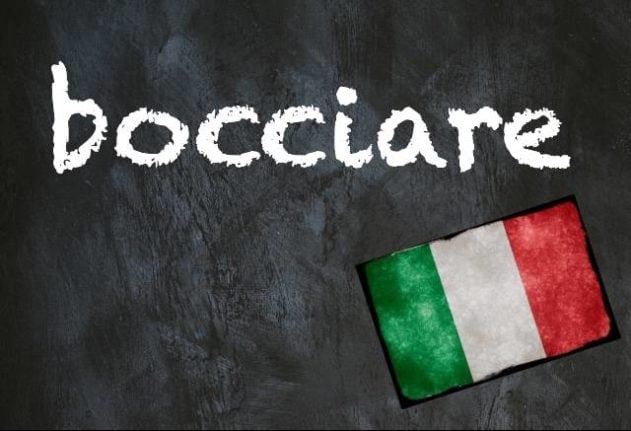Allow me to introduce you to my new favourite word: fannullone, or 'layabout'.
È un gran fannullone come suo padre.
He's a complete layabout, like his dad.
Like our English term and the image it conjures of lounging lazily on a sofa, fannullone is wonderfully descriptive: it's made up of fare ('to do'), nulla ('nothing') and the suffix ~one, which denotes a large size.
In other words, it literally means 'big do-nothing'.

It turns out that Italian has a string of a similarly evocative words for the same kind of person: there's perdigiorno, 'day waster', from perdere ('to lose') and giorno ('day'), as well as scansafatiche, 'effort dodger', from scansare ('to dodge') and fatica ('effort').
Bear in mind that these words, like many compound nouns (nouns made up of two other words), are invariable. So it doesn't matter if you're talking about one day-waster or several, an effort-dodging man or woman, they'll always keep the same ending.
Siete delle perdigiorno.
You lot are slackers.
Lei è una scansafatiche.
She's a lazy bum.
Why does Italian have so many great words for people not doing much of anything? I couldn't possibly speculate.
Do you have an Italian word you'd like us to feature? If so, please email us with your suggestion.




 Please whitelist us to continue reading.
Please whitelist us to continue reading.
Member comments